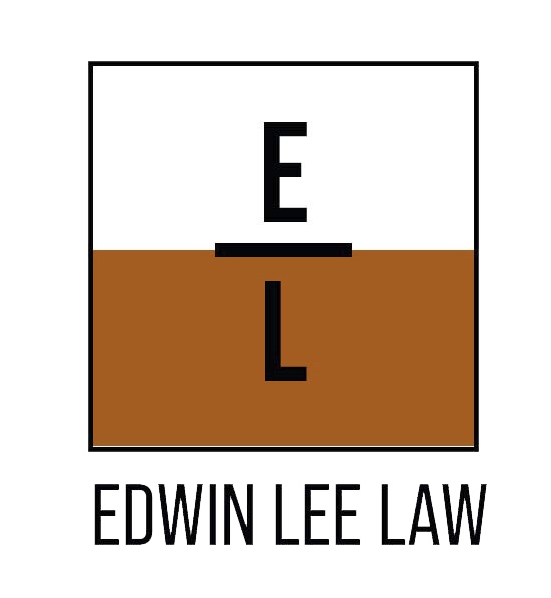
Understanding Texas Medicaid Planning
Medicaid coverage is complicated — there’s no way around that simple fact.
Medicaid is a federal and state program. The rules for qualifying for the Medicaid program vary considerably from state to state. If you reside in Texas and need Medicaid, then Texas’s Medicaid rules apply.
Unlike other government programs, like Social Security, Medicare, or Social Security Disability, Medicaid in Texas is not an “entitlement program.” Those federal programs have been paid into by citizens and are required by law to pay any individual who meets the program’s eligibility requirements. For example, when you or a loved one reach retirement age, you are “entitled” to receive your monthly Social Security payment regardless of your wealth or income because you have been paying into the program over time.
On the other hand, the Texas Medicaid system is a state-operated program for individuals who can’t afford long-term care. Compared to Social Security, you or a loved one do not pay into the Medicaid system and therefore are not “entitled” to receive payments. Instead, you must meet distinct asset and income requirements to be eligible for Medicaid in Texas. These requirements can be met by strategic legal planning with a Houston attorney — like Ed Lee.
Understanding Texas Medicaid Eligibility
Many people misunderstand Texas Medicaid rules and regulations because of the complexities of Medicaid eligibility. Misinformation has also circulated on this subject. The families of senior citizens in Texas should only seek legal advice about Medicaid coverage from qualified and experienced Texas elder law attorneys.
Medicaid eligibility can be challenging to navigate alone. Still, there are many ways to become eligible for Medicaid while protecting your hard-earned assets. Medicaid rules are dependent on many factors. Some factors include whether you are single or married and whether you’re applying for nursing home care or in-home care. You or a loved one can benefit greatly from an experienced Medicaid planning attorney like Ed Lee. He understands Texas’s specific Medicaid application and the approval process to tailor your Medicaid plan to your particular health care needs.
What are Texas’s Medicaid Qualification Requirements?
To receive Medicaid benefits in Texas, you or a loved one must meet eligibility requirements. To qualify for benefits, you must:
- Be a resident of the state of Texas; and
- Be a US national, citizen, permanent resident, or legal alien; and
- Be 65 years of age or older; or
- Be pregnant; or
- Be responsible for a child who is 18 years of age or younger; or
- Be blind or disabled; or
- Have a child, parent, or spouse in your household who is blind or disabled.
Without the assistance of Medicaid coverage in Texas, you or a loved one will be held financially responsible for monthly care costs. Our Houston law firm can help you or a loved one protect your savings from being spent down on the high costs of long-term care in Texas.
Texas Annual Median Cost of Care (2023)
| IN-HOME CARE | COMMUNITY/ASSISTED LIVING | NURSING HOME FACILITY |
| Homemaker Services $58,256 | Adult Day Health Care $13,995 | Semi-Private Room $66,991 |
| Home Health Aide $58,256 | Assisted Living Facility $54,042 | Private Room $98,743 |
Resource: Genworth
The Difference Between Texas Medicaid Planning and Crisis Planning
Crisis Medicaid planning in Texas is defined as planning for Medicaid eligibility for a person experiencing immediate or near immediate health care needs. If you or a loved one need immediate Medicaid coverage in Texas, legal guidance from a Medicaid planning lawyer like Ed Lee can help. Our firm can identify critical issues within your estate that will disqualify you from coverage and swiftly develop a Medicaid plan for your health care needs.
If you or a loved one’s long-term care need is not immediate, you can plan for the possibility of future care in your home or at a nursing home in Texas. This is called non-crisis planning or advanced Medicaid planning. Overall, the most efficient way to save your assets from being drained by long-term care costs is to plan for future care. Medicaid planning strategies may include Miller Trusts, also known as Qualified Income Trusts. No matter which stage you or a loved one are in, long-term care planning in Texas can help.
Your Houston Medicaid Planning Lawyer
It’s a common misconception among Texans that they own too much or their income is too high to qualify for Medicaid, but eligibility is possible with proper Medicaid planning. Consulting with an experienced Medicaid planning attorney can make navigating the process of Texas Medicaid eligibility much easier.
Ed Lee has helped many clients in the Houston area understand Texas Medicaid and created unique plans to save their life savings from being spent on long-term care. Our Houston law firm can help you or a loved one craft a legal plan that prevents or minimizes the need to spend down on your assets before qualifying for Medicaid in Texas.
At the Law Office of Edwin E. Lee, our Houston law firm practices estate planning and elder law, including Medicaid planning, asset protection, probate and trust administration, guardianship, family law, veterans benefits, and related issues.
If you live in the Houston communities of The Heights, The Woodlands, Bel Air, or West University Heights, or the surrounding cities of Baytown, Humble, Cloverleaf, Pearland, Stafford, Deer Park, and more, contact us for a consultation about Medicaid eligibility and estate planning today.

